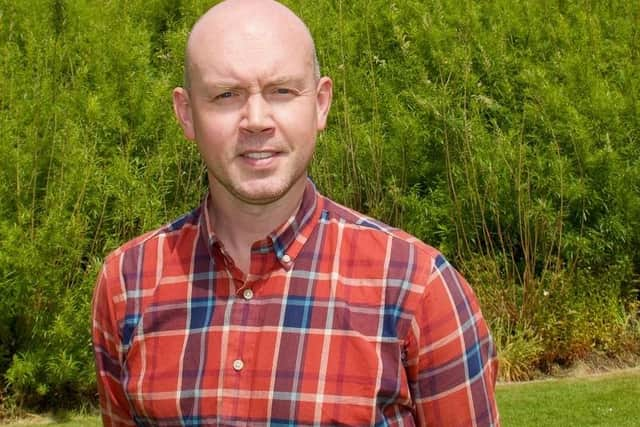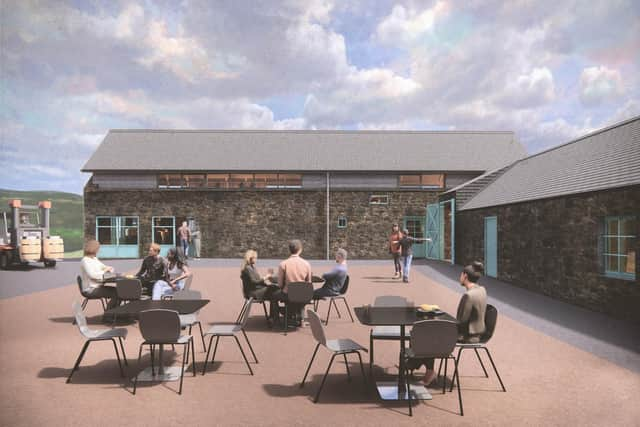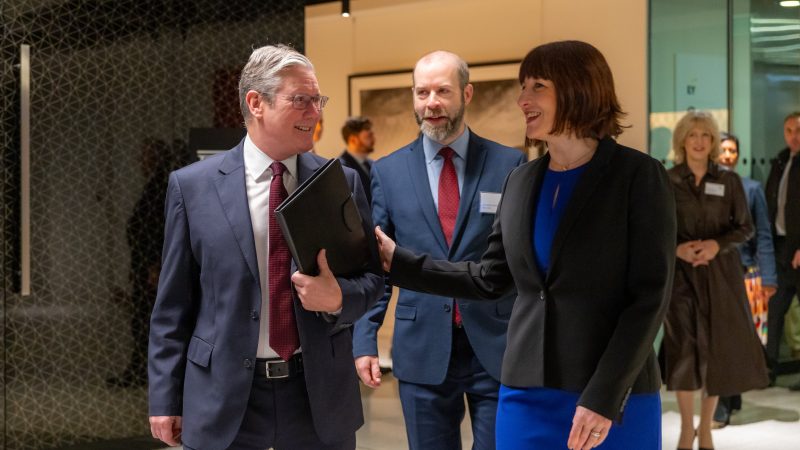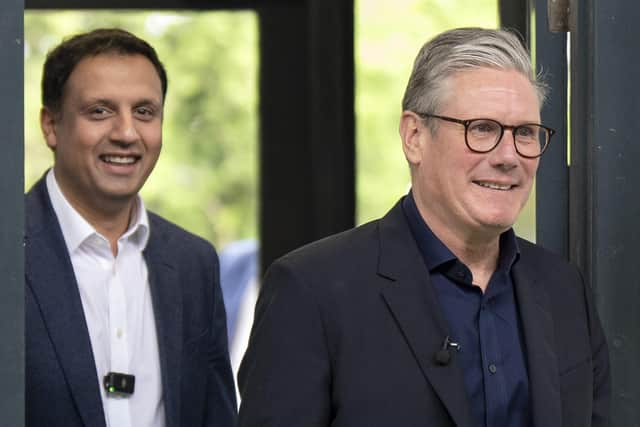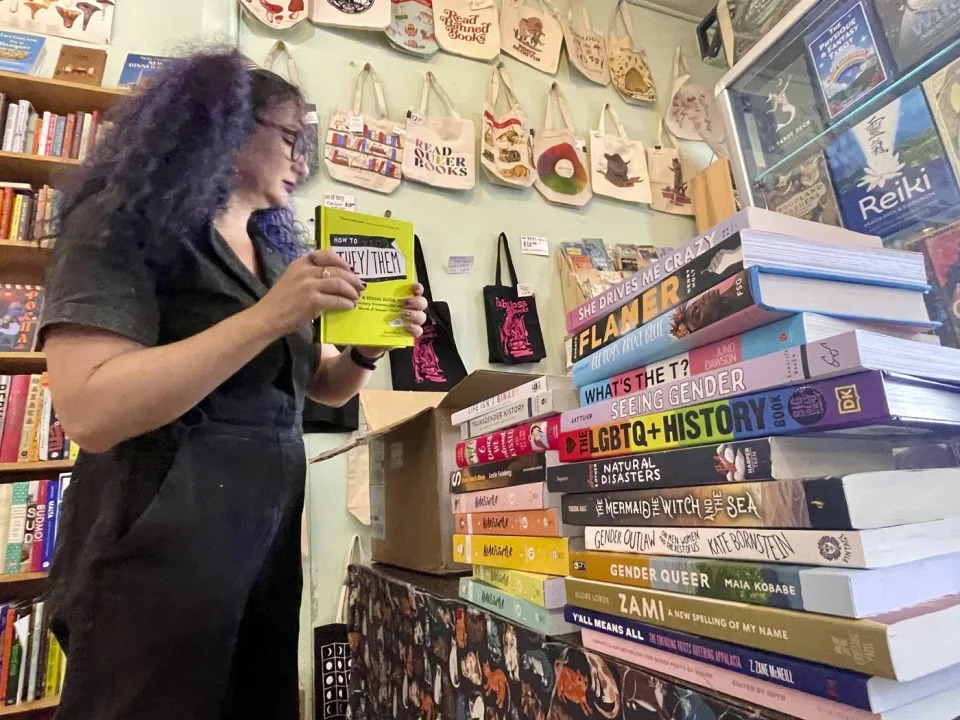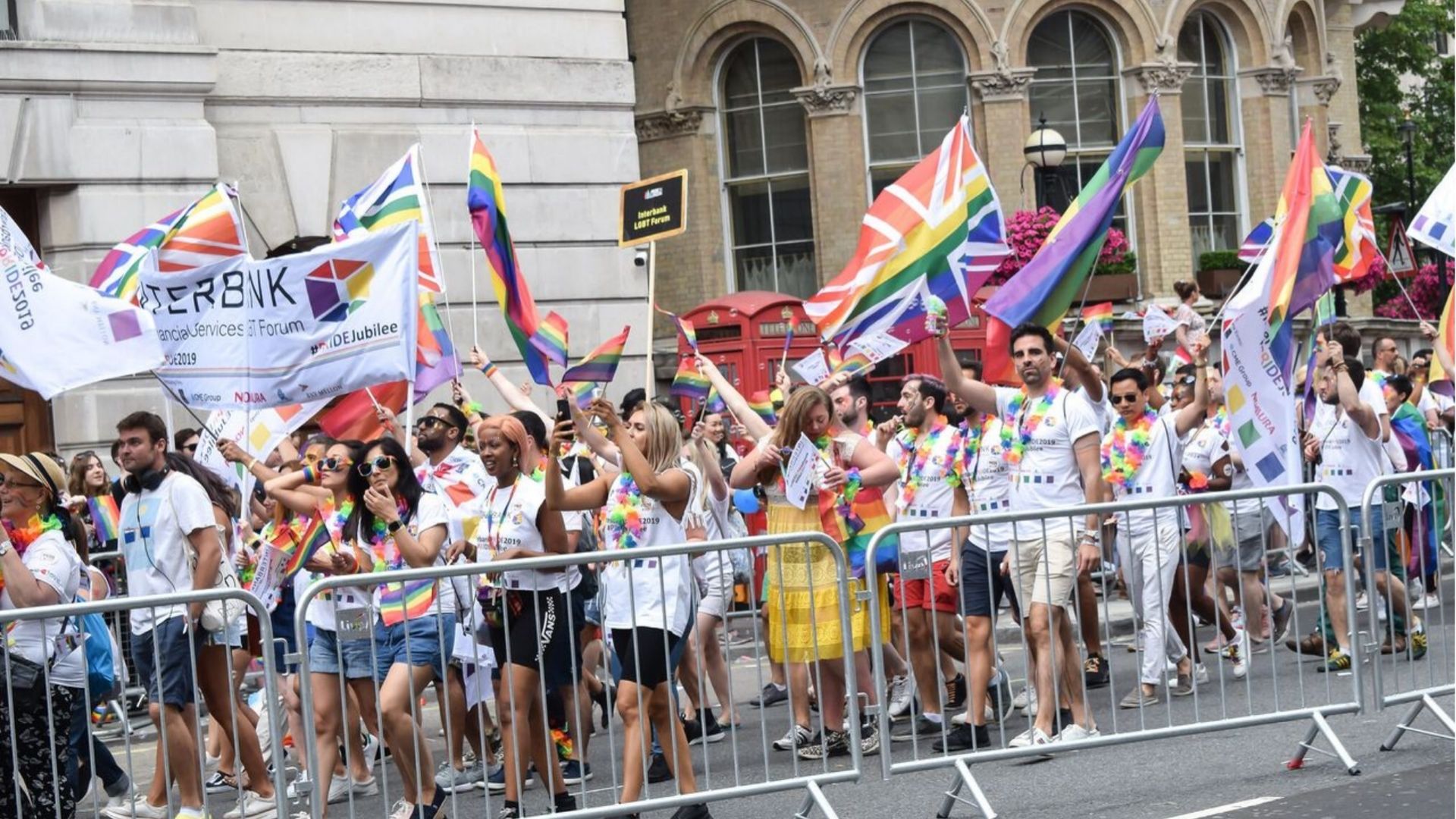
Time to help Ukraine win
Christopher Ford, Secretary of Ukraine Solidarity Campaign and member of Walthamstow CLP, introduces a statement on Ukraine issued by six Labour MPs and a number of union leaders and campaigners.
Ukraine is in the Danger Zone, caught between renewed Russia attacks and electoral changes that may bring far-right forces to power who threaten continued aid.
In the UK general election, Ukraine has only featured in relation to the views of the pound-shop Mosley, Nigel Farage. While all the parties except Reform UK, declare their support for Ukraine, none explain what that will mean in terms of helping Ukraine win.
Yet the absence from the election agenda does not diminish the centrality of Ukraine to resisting the axis of reaction we face today. Six Labour MP’s, alongside union leaders and Ukrainian campaigners have issued a clear statement calling on the new government to take robust steps to help win the war. Launched in Ukraine in the journal Krytyka, this is a radical call for Labour to show leadership in a situation where progressive change in the UK could be a beacon of hope amidst retrogression in parts of Europe and the USA.
Ukraine: General Election 2024: Time for Change to Help Ukraine Win
The General Election takes places at time when Ukraine is at a crossroads and with it the fate of this key battle for democracy with the new authoritarianism. The war on Ukraine should be a key issue of the election, and 4th July should be an opportunity for change to help Ukraine win and secure a just peace.
We have seen new Russian offensives, increased attacks on civilians and infrastructure, a situation made worse by aid delay’s due to obstruction by far-right forces such as Orban and Trump.
Recent advances by the far-right in Europe, and risk of a Trump presidency pose a serious threat to Ukraine and democracy globally, they are reinforcing efforts by Putin to undermine continued international support for Ukraine.
As Parliamentary Candidate’s and representatives of the Labour and Trade Union Movement, we declare our continued solidarity with the Ukrainian people, including their trade unions, who against the odds are resisting Russian Imperialism.
We are calling for the new government to take the following key steps help Ukraine.
- Weapons to Win: Ukraine has been made vulnerable by the fact just enough weapons have been provided to help resist Russia, but not to defeat it. The UK must play a leading role in achieving a change, that Ukraine be given all the weapons needed to enable Ukrainians to free the entire country and end the occupation.
- Stop Selling off Military Hardware: It is a scandal that since the all-out invasion theTory government sold off over 1,044 military vehicles and 48 fixed-wing aircraft, this practice must stop. Equipment due to be replaced such as the Challenger 2 Tanks, Scimitar light tanks, Warrior vehicles and Typhoon aircraft should be gifted to Ukraine.
- Justice for War Crimes: Russia, is waging an illegal war of aggression against a sovereign nation, unseen in Europe since 1945. Russian state forces have perpetrated war crimes and other atrocities on a horrifying scale, with over 108,904 recorded by Ukraine. Urgent steps should be taken to convene an international war crimes tribunal to hold the Russian leaders and military to account.
- Cancel Debt and Seize Russian Assets: Ukraine’s debts stand at $100 billion, it is unjust that a nation fighting for survival should be expected to service debts, the debt should be cancelled. The new UK government must seize the frozen Russian individual and central bank assets and redistributed them to Ukraine. Whilst welcoming the $50 billion of Russian financial assets in the West re-allocated to Ukraine, the total $300 billion should be redistributed.
- Socially Progressive Reconstruction: Ukraine deserves a just and socially progressive reconstruction in which trade unions and civil society can democratically participate. International support should help to restore and expand universal healthcare, education, rebuild affordable housing and public infrastructure, ensuring decent jobs and working conditions. No more advisors from the UK Government should be used to assist in retrogressive reforms of trade union and labour rights.
We call for renewed and expanded solidarity to help Ukraine win a just peace; on 4th July let us start making it a reality.
Clive Lewis, Former Labour MP for Norwich South, Parliamentary Candidate
Nadia Whittome, Former Labour MP for Nottingham East, Parliamentary Candidate
Rachel Maskell, Former Labour MP for York Central, Parliamentary Candidate
Kim Johnson, Former Labour MP for Liverpool Riverside, Parliamentary Candidate
John McDonnell, Former Labour MP for Hayes & Harlington. Parliamentary Candidate.
Ian Lavery, Former Labour MP for Wansbeck, Parliamentary Candidate.
Chris Kitchen, General Secretary of National Union of Mineworkers
John Moloney, Assistant General Secretary, Public and Commercial Service Union, (personal capacity).
Simon Weller, Assistant General Secretary, ASLEF the train drivers union, (personal capacity)
Vicky Blake University and Colleges Union, National Executive and former President, (personal capacity).
Oksana Holota, representative of Confederation of Free Trade Unions of Ukraine
Yuliya Yurchenko, representative of Sotsialny Rukh (Social Movement) of Ukraine
Mariia Pastuk, Director CIC Vsesvit, Ukrainian solidarity collective London.
Christopher Ford, Secretary, Ukraine Solidarity Campaign.
Image: Kharkiv downtown street destroyed by Russian bombardment. Source: https://www.facebook.com/photo/?fbid=321813666640956&set=pcb.321813919974264. Author: Міністерство внутрішніх справ України, licensed under the Creative Commons Attribution 4.0 International license.

